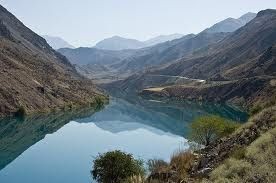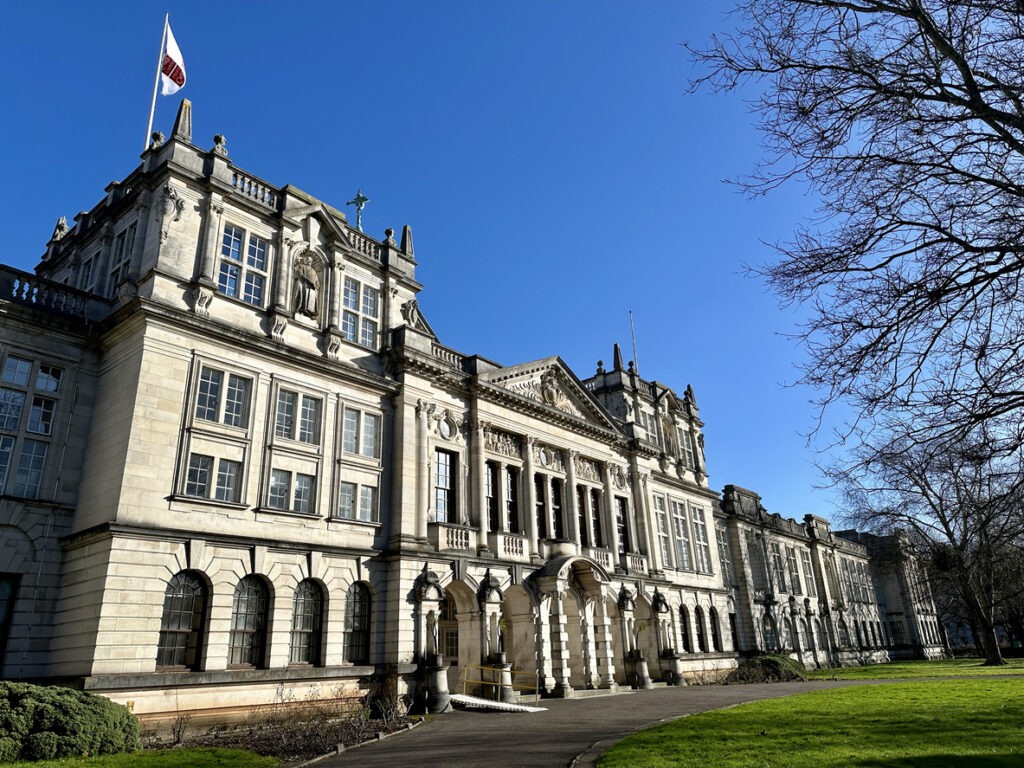BISHKEK (TCA) — Investors, both internal and external, can support the Kyrgyz State’s Taza Koom (Clean Society) project, but their investments will depend on conditions and guarantees provided by the State, the International Business Council based in Bishkek says. If the process is transparent and investors are provided with guarantees that they could work without hindrance in the country, they will come to Kyrgyzstan.
An international conference to discuss the Taza Koom project in Kyrgyzstan was held in Bishkek on May 31.
Introducing new technologies
According to Kyrgyz Prime Minister Sooronbai Jeenbekov, the Taza Koom project aims to create a new model of state governance, introduce new technologies and human development. To make the project work, a high-tech infrastructure should be developed in Kyrgyzstan.
The project is designed to integrate all the regions of Kyrgyzstan, and an extensive national information network will be created for this. Regions of the country will become part of a single information network and will have access to global information resources.
Taza Koom is a key component of the National Sustainable Development Strategy for 2020-2040, Sapar Isakov, head of the Presidential Administration of the Kyrgyz Republic said. The project aims to ensure a decent, comfortable and safe life in Kyrgyzstan for all segments of the population, he added.
WB support
“The World Bank will support Taza Koom through the Digital CASA project,” IBC Executive Director Askar Sydykov said. “This is a positive example for investors, because international financial institutions scrupulously assess the country’s capabilities before making a decision. Our State should clearly formulate its requirements to investors and guarantee them stability of their work and the rule of law in the country.”
Digital CASA is a program of the World Bank Group to create a regional cross-border broadband telecommunications network to improve Internet connectivity of countries. Afghanistan, Kyrgyzstan, Pakistan, and Tajikistan are among the participating countries.
According to World Bank Regional Director for Central Asia Lilia Burunciuc, the Bank is interested in introducing the digital economy in Kyrgyzstan. However, it will not directly finance the Taza Koom project, but will support it as a part of the Digital CASA project designed to make the Internet in Central Asia and Afghanistan safer and more accessible.
The World Bank has approved a $20 million grant loan to Kyrgyzstan for the implementation of the Digital CASA project, and 50% of the total amount will be provided as a loan on favorable terms, while the remaining 50% will be a grant. Kyrgyzstan asks the WB to raise the loan to $50 million because the agreed amount will not be enough to cover the cost of cyber security, the Committee for Communication and Information Technologies of Kyrgyzstan said. The security of the entire information space of the country is an integral part of the protection of state data.
According to a WB study, the laying of optical communication lines during the construction of infrastructure facilities will significantly reduce the costs related to building a fiber optic link.
The Ministry of Transport and Roads of Kyrgyzstan will discuss with the China Road and Bridge Corporation the possibility of laying optical communication lines during the construction of the alternative North-South motor road. It will be a good opportunity to provide settlements located along the North-South highway with high-speed Internet access.
As part of the Digital CASA program, the World Bank experts proposed to make Central Asia a hub for data transmission to Europe and Asia. The World Bank identified three main components within the project including digital communication, favorable environment and digital government.
The public and private sectors should work closely together to ensure that this hub is implemented, WB representative Rajendra Singh said in Bishkek.
The project also has opponents. An MP and ex-General Prosecutor of Kyrgyzstan Aida Salyanova said that the Kyrgyz Government has no unified position on this issue. She recalled the scandalous Safe City project planned to start in 2012 and be completed in May 2013. At first, the Government said that it was awaiting the decision of the courts, but now it is talking about a new project, Taza Koom. According to plans, the Safe City could already have worked for four years. During this time, 5 thousand people were killed and 50 thousand injured on the country’s roads, Salyanova said.
Educational system
A very important topic raised at the conference is the need to build a knowledge-based economy in Kyrgyzstan and the leading role of human capital in the country’s innovative development. “We must strive for an educational system of practical importance that reveals the potential of each person,” Head of the Presidential Administration Sapar Isakov said.
In the investment surveys conducted by the International Business Council, the “Availability of qualified personnel” index is among the upper lines of the top 10 priorities for investors, along with such indicators as the availability of finance, security, and corrupt officials.
Throughout the world, distance education and self-education are becoming increasingly popular due to the Internet.
“The IBC always stands for improving the education system in Kyrgyzstan, and the introduction of broadband Internet in all regions of the country will facilitate this,” Sydykov said.
“It is good that the State attaches particular importance to the participation of business in solving the tasks of the Taza Koom project,” he added. The conference discussed the establishment of the Taza Koom Council. The Council, headed by the Prime Minister and the Head of the Presidential Administration, will also include a representative of business associations. It is very important to involve business in the search for investors in the project implementation.
“Our country’s economy can be promoted through joint efforts of the state and business only, and the business is ready to participate actively in this process, investing its knowledge, experience and constructive proposals,” the IBC Executive Director concluded.









